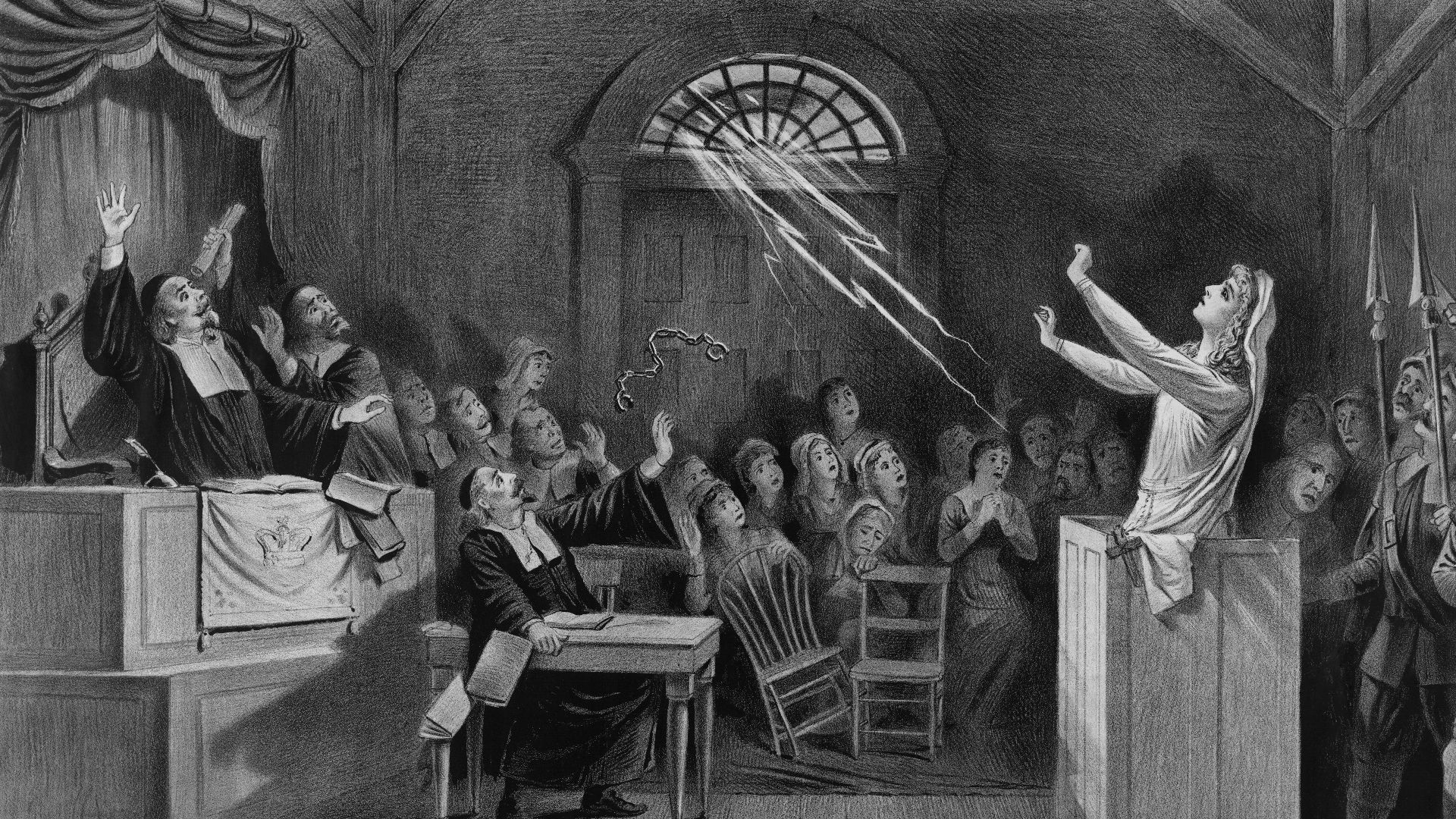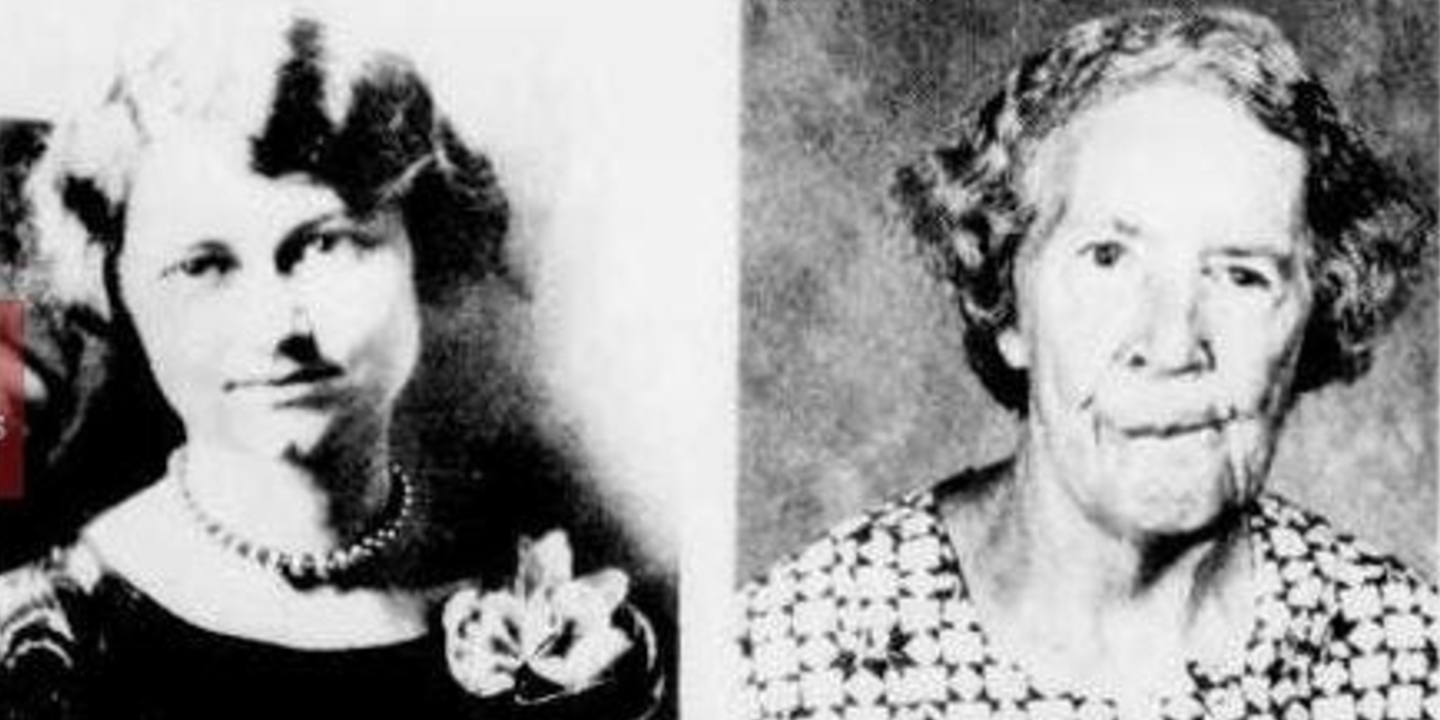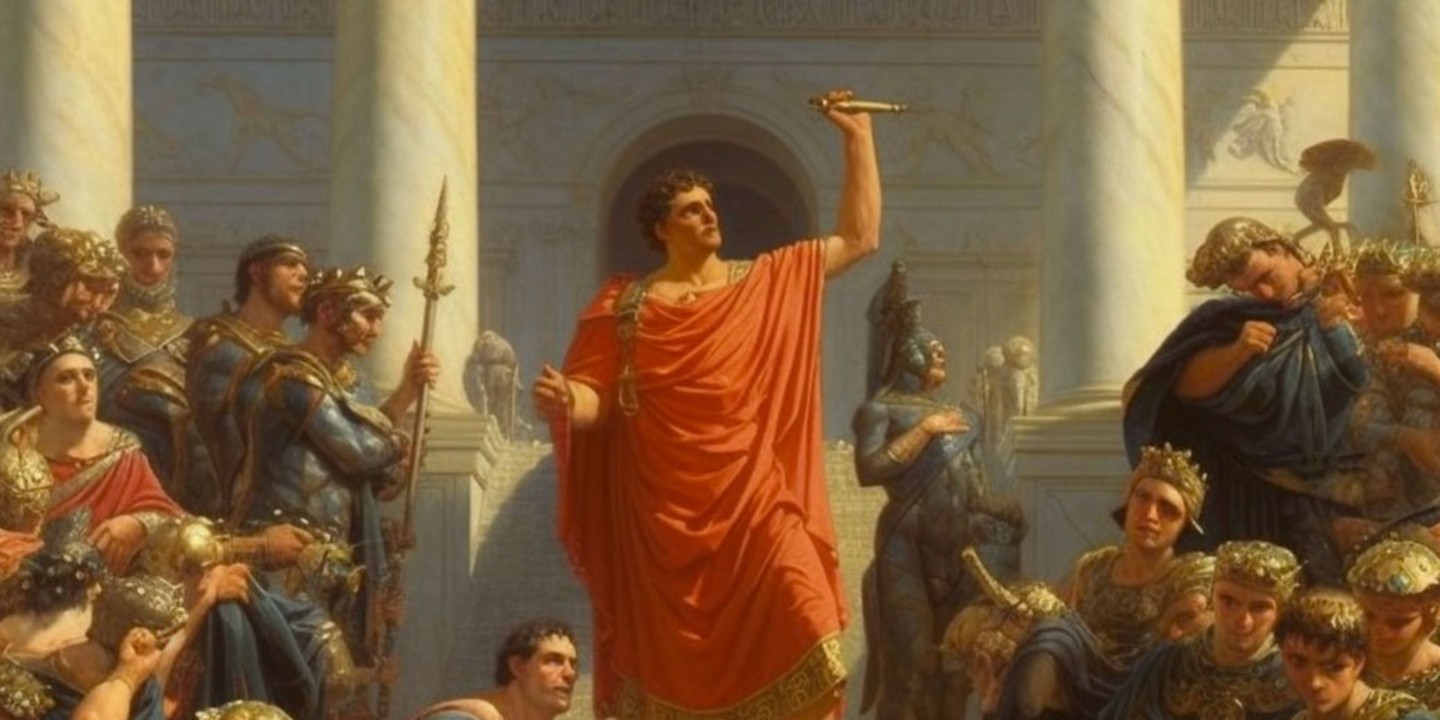 Joseph E., ca. 1837-1914, artist. on Wikimedia
Joseph E., ca. 1837-1914, artist. on Wikimedia
The Middle Ages and early modern period were not a good time for anyone, particularly women who deviated from a very limited set of expectations. Between superstition, religious hysteria, and social paranoia, thousands of women were accused, tortured, and executed as witches. The witch hunts had nothing to do with magic and everything to do with misogyny, fear, and a desire to punish anyone (usually women) who stepped outside of rigid social norms. And the list of offenses that could brand you a witch? Alarmingly long.
Having Too Many Female Friends
 Priscilla Du Preez 🇨🇦 on Unsplash
Priscilla Du Preez 🇨🇦 on Unsplash
If you were a woman with a large social network, congratulations, you had it coming. A group of women who gathered unsupervised was often suspected of being a coven meeting in disguise. Girly-girls, tight-knit friend groups, or even just neighbors congregating in a courtyard were fair game for accusations of “worshipping the Devil.” Matthew Hopkins, John Stearne, and their ilk were so successful at terrifying entire communities that women in small towns began accusing each other just to get ahead of the witchfinders and avoid being targeted themselves. Historian Elizabeth Reis notes that women would more easily accept the idea that they were spiritually weak and “complicit with the devil,” and thus were more ready to believe others were the same. Having woman friends, empowering in our time, was a fast track to disaster in theirs.
Not Enough Children
Infertility, miscarriage, or simply not bearing children could all be interpreted as evidence that Satan had bewitched your womb. If you were childless, people just assumed you were unnatural. If your neighbors had lots of children but still suffered, from illness, a failed crop, or economic misfortune, they often blamed the "jealous crone next door." And if a local couple could not produce a child, some imagined that a witch was "stealing" their unborn babies. Women had no control over fertility, but they were blamed for every reproductive misfortune in the village.
Helping People
Healing was one of the most perilous professions open to a woman. Herbalists, midwives, and folk healers were vital to medieval communities, but their expertise put them under suspicion. Margaret Jones, a healer executed in 1648, informed her patients that continued disobedience of her remedies would only lengthen the duration of their illness, something we might call common sense today. At the time, it was “evidence” of magical influence. Any woman with medical expertise, herbal knowledge, or a better success rate than the local barber-surgeon might be at risk for accusations of sorcery. Healing was a valuable skill, but if someone passed, or even just stayed sick, it was the healer who took the blame.
Having Opinions
In the Middle Ages, personality was a liability. Assertiveness, frustration, or even mild backtalk might be construed as witch-like. During the trial of Rachel Clinton, prosecutors used her character as an embittered, meddlesome, demanding woman as evidence of witchcraft. To be loud, angry, outspoken, or defiant was to be suspect. The ideal woman was obedient, silent, and compliant. Anything outside of that narrow mold made you a threat, and possibly a witch.
The Bottom Line
The tragedy of medieval witch accusations is how arbitrary they could be. Be social or antisocial, fertile or barren, kind or argumentative, anyone of these could be evidence of witchcraft. The accusations were less about magic than about conformity. Witches remind us how easy it is for fear and superstition to turn communities against their own members. Everyday lives became targets for the jealousy and control of others.
KEEP ON READING

The Woman Without A Name
Mary Doefour was the woman without a name. In 1978,…
By Robbie Woods Dec 3, 2024
The 10 Worst Generals In History
Bad Generals come in all shapes and sizes. Some commanders…
By Robbie Woods Dec 3, 2024
10 Historical Villains Who Weren't THAT Bad
Sometimes people end up getting a worse reputation than they…
By Robbie Woods Dec 3, 2024
One Tiny Mistake Exposed A $3 Billion Heist
While still in college, Jimmy Zhong discovered a loophole that…
By Robbie Woods Dec 3, 2024
The Double Life And Disturbing Death of Bob Crane
Bob Crane was the star of Hogan's Heroes from 1965-1971.…
By Robbie Woods Dec 3, 2024
The Most Surprising Facts About North Korea
North Korea may be the most secretive state in the…
By Robbie Woods Dec 3, 2024




